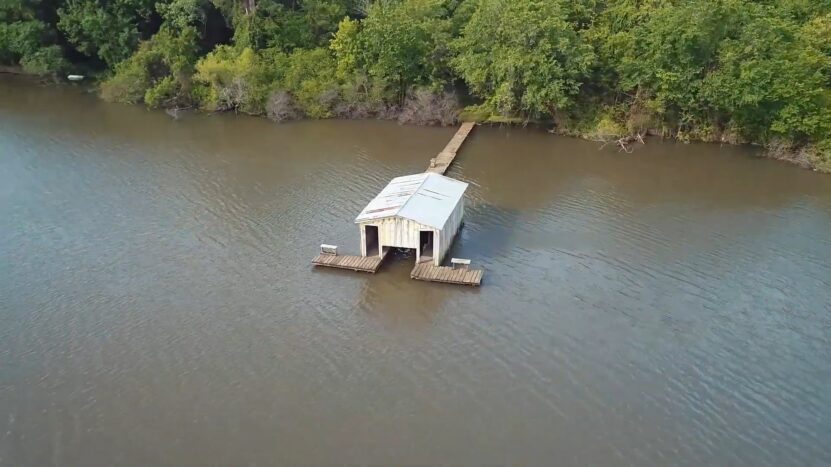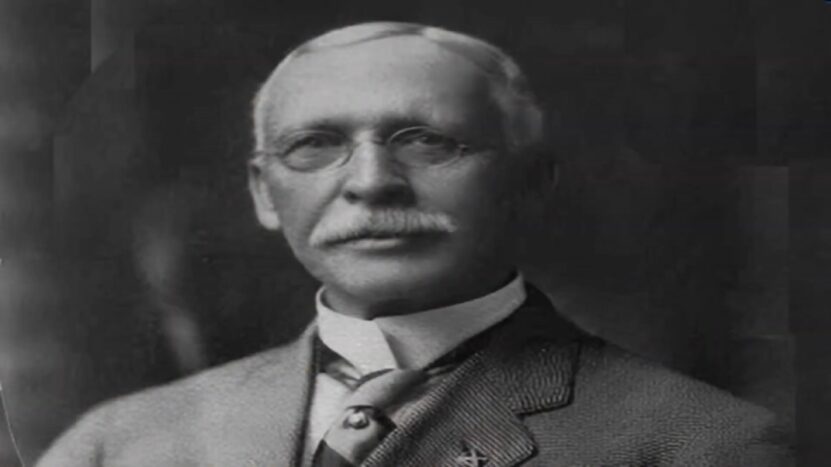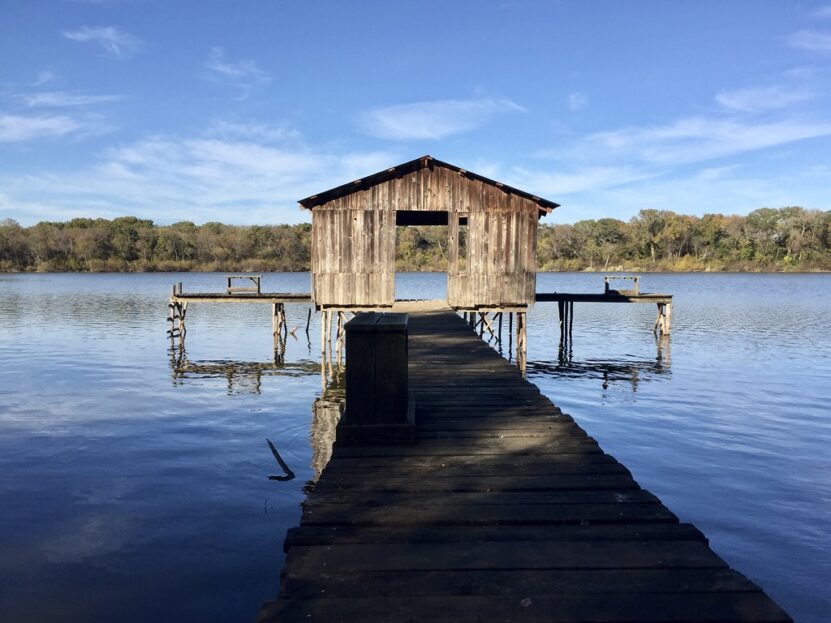In the heart of Dallas County lies a testament to tradition and camaraderie, the Dallas Hunting and Fishing Club. Established on February 10, 1885, this institution holds the honor of being Texas’ inaugural Country Club. Its conception was the brainchild of Colonel John T. Trezevant and Captain William H. Gaston, figures synonymous with Dallas’ early growth and prosperity.
The Club’s inception was not merely a recreational endeavor but a social gathering point for the city’s burgeoning mercantile class. With over six hundred acres of pastoral land and two expansive man-made lakes, it provided a serene escape for Dallas’ influential to convene, strategize, and indulge in leisurely pursuits. The Club’s allure was not just in its natural beauty but in the exclusivity and prestige it offered to its members.
The Visionaries and the Venue

Colonel John T. Trezevant, a Confederate war veteran, alongside his comrade Captain William H. Gaston, laid the foundation for what would become a Dallas institution. Their foresight in establishing the Club on the east bank of the Trinity River, leveraging the serene landscape owned by the Dowdy Family and Albert Vining, was strategic. It was a setting that promised seclusion and tranquility, a stark contrast to the bustling city life.
The duo was successful in rallying twenty-three charter members, each investing two hundred dollars to raise the five thousand dollar initial stock subscription. This collective effort was a clear indication of the community’s commitment to creating a space that was more than a mere retreat; it was a symbol of unity and ambition among Dallas’ elite.
The Journey to the Club
Access to the Dallas Hunting and Fishing Club in the late 19th century was an adventure in itself. Members would embark on a journey from downtown Dallas, riding mule-drawn streetcars to the East Dallas Houston and Texas Central Depot. This was followed by a fifteen-mile train ride to Hutchins, and finally, a wagon trip to the Club’s property.
This trek was not just a physical journey but a passage through Dallas’ history. Hutchins, a vital trading post town, had been a hub of activity long before the Club’s establishment. The Dallas County Pioneer Association’s decision to hold its first annual picnic there in 1876 underscores Hutchins’ significance as a cultural and social focal point in the region.
The Club’s Early Days

The Dallas Hunting and Fishing Club, in its nascent stages, was a far cry from the country clubs we know today. It was a straightforward embodiment of its name, dedicated to the pursuits of hunting and fishing, without the distractions of tennis, golf, or the inclusion of women. The Club was a male bastion where the day’s worries were cast aside in favor of camaraderie and the great outdoors.
Accommodations were modest, with members sharing dormitory-style sleeping quarters in the clubhouse and three farmhouses. Meals were prepared in the keeper’s farmhouse kitchen, a humble reminder of the Club’s working farm roots. Despite its simplicity, or perhaps because of it, the Club was a cherished escape for Dallas’ leading men.
A Chronicle of Sportsmanship
From its informal operation in 1884, the Club maintained a meticulous record of its members’ hunting and fishing exploits. A fish and game log detailed each catch and kill, a testament to the members’ prowess and the abundance of wildlife in the area. The first recorded hunter, A.W. Campbell, set a high bar with his successful mallard hunt.
The Club’s commitment to agriculture was evident in its farm operations. It was self-sustaining, producing hogs, horses, milk cows, chickens, and cattle, not just for consumption but also for sale. The five-acre garden and orchard provided fresh produce, while rough fish from the lakes were sold in Dallas markets. This blend of sport and farm life was unique to the Club’s character.
The Social Fabric of the Club

The Club was more than a hunting and fishing destination; it was a social nucleus where Dallas’ leaders could unwind. Poker games by night were as much a staple as the hunting expeditions by day. An oak-framed Linz clock stood as a silent witness to the countless hours spent in leisure and discussion, its ticking a comforting background to the strategic and social exchanges that took place.
These gatherings were not just for entertainment. They were instrumental in fostering the “Dallas Spirit,” a blend of ambition and community that propelled the city’s growth. The Club’s founders, Trezevant and Gaston, were visionaries who understood the importance of a common ground for the city’s elite to bond and brainstorm.
The Club’s Legacy and Influence
The Dallas Hunting and Fishing Club has stood the test of time, evolving while maintaining its core ethos. It remains a beacon of tradition, reflecting the foresight of its founders and the spirit of the city they helped shape. As Dallas continues to grow and evolve, the Club does too, albeit more quietly, still nestled on the east bank of the Trinity River.
The Club’s influence on Dallas’ development cannot be overstated. It was a seedbed for the city’s prosperity, where ideas and strategies for Dallas’ future were as much a part of the Club’s fabric as the hunting and fishing logs. The founders’ belief in Dallas’ potential has been realized, and their legacy endures through the Club’s continued existence.
A Historical Haven
The Dallas Hunting and Fishing Club’s location, unchanged since its establishment, serves as a historical haven. It is a place where the past is not only remembered but is palpably felt. The Club’s seclusion has helped preserve its character, making it one of Dallas’ best-kept secrets and a cherished relic of the city’s rich history.
The Club’s endurance is a tribute to its members’ dedication to maintaining its heritage. It stands as a monument to a bygone era, a physical embodiment of the Dallas Spirit that continues to thrive within the city. The Club’s story is interwoven with that of Dallas, a narrative of growth, community, and the pursuit of leisure.
The Dallas Spirit Embodied
The Dallas Hunting and Fishing Club was never just about recreation; it was about fostering a sense of unity and purpose among its members. The “Dallas Spirit,” a term that encapsulates the city’s drive and communal ethos, was nurtured within the Club’s confines. It was here that Dallas’ leaders gathered to share their visions for a prosperous future.
Final Words
The founders, Trezevant and Gaston, would likely nod in approval at the Club’s role in shaping Dallas. Their investment in the city was not just financial but emotional and intellectual. The Club was a crucible for the Dallas Spirit, a place where the city’s potential was recognized and encouraged, a tradition that continues to this day.

